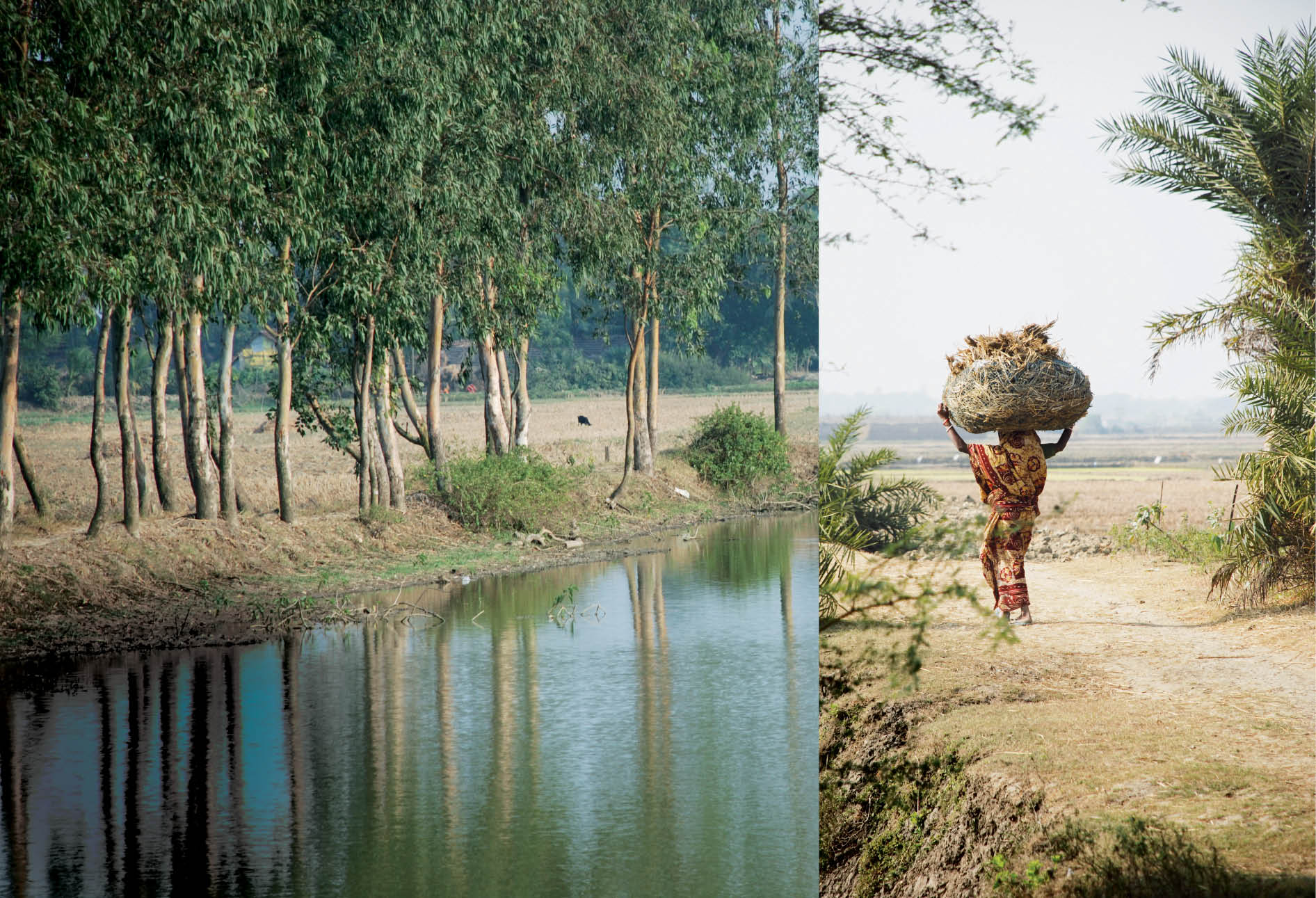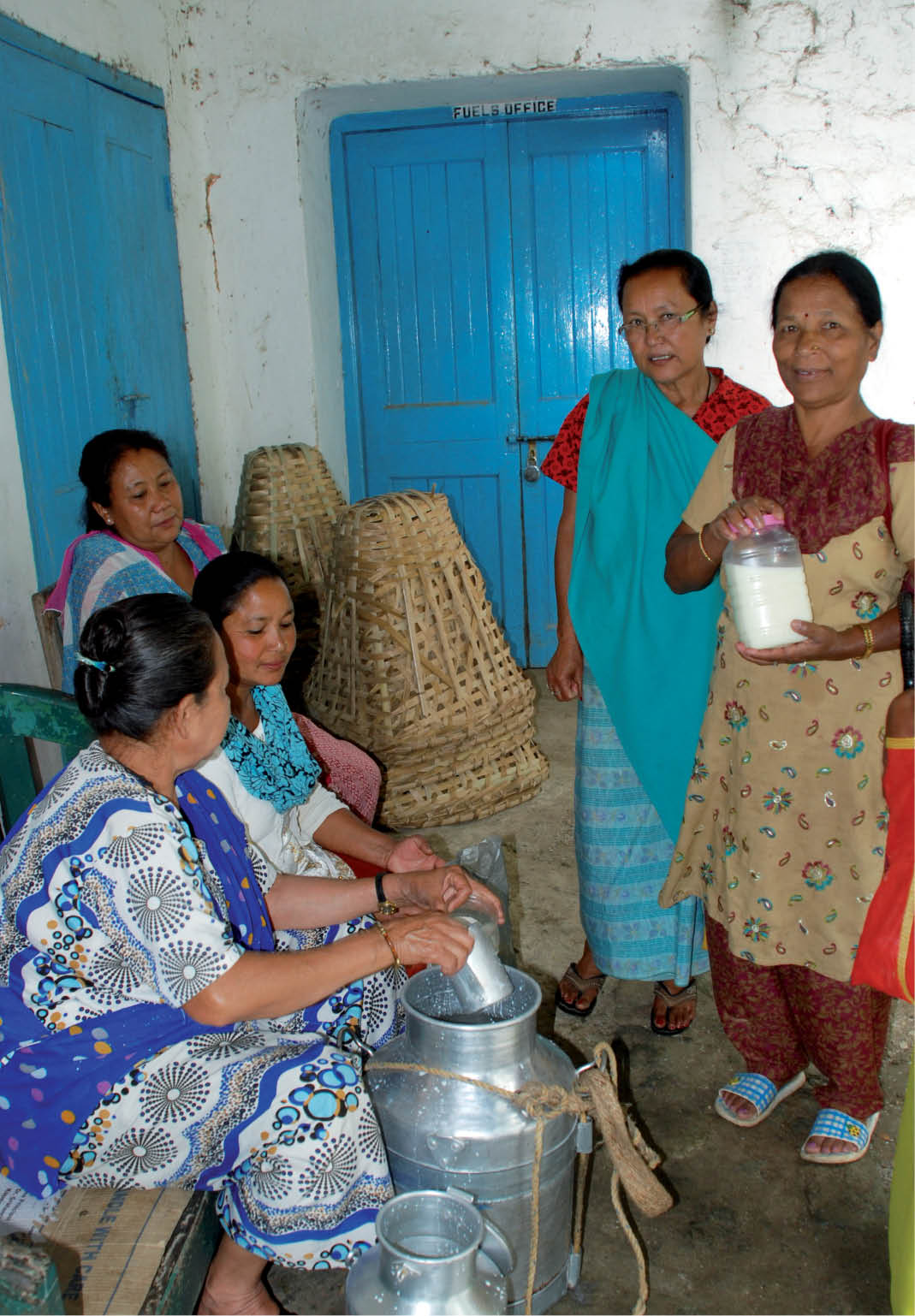Scaling up climate-resilient agriculture in South Asia



India is set to embark on a new chapter in its Polar exploration journey with the construction of Maitri II. The Indian government plans to establish a new research station near the existing Maitri ba...
.png )
The Deep Ocean Mission (DOM), approved by the Government of India in 2021 under the Ministry of Earth Sciences (MoES), represents a strategic step in realizing Sustainable Development Goal 14 (SDG 14:...

China recently announced restrictions on the export of seven rare earth elements (REEs), soon after US President Donald Trump decided to impose tariffs. As the world's dominant supplier—responsible fo...
Farmers need support to adapt to the changing climate in South Asia, which has been adversely affecting agricultural production year after year. Extension and advisory services (EAS) can play a critic...
Food systems are at the heart of the United Nations’ 2030 Agenda for Sustainable Development. However, the current food system in South Asia is dysfunctional and needs transformation to deliver benefi...
Women’s contribution is immense throughout the rapidly transforming food systems—right from production to providing nutrition. Existing research suggests that inequity within the food systems operates...
Unsafe food does not nourish, it harms. Food cannot be considered nutritious if it is not safe. Harmful effects of unsafe food would make it impossible to achieve desired nutrition objectives. Thus, f...
Farmers need support to adapt to the changing climate in South Asia, which has been adversely affecting agricultural production year after year. Extension and advisory services (EAS) can play a critical role in scaling up climate-resilient agriculture. However, their capacities to support farmers in adapting to climate change need to be substantially enhanced.

Food systems are at the heart of the United Nations’ 2030 Agenda for Sustainable Development. However, the current food system in South Asia is dysfunctional and needs transformation to deliver benefits to people and the planet. Achieving this requires both an evidence base for radical new policies and the adoption of innovations across the food value chain at scale.

Women’s contribution is immense throughout the rapidly transforming food systems—right from production to providing nutrition. Existing research suggests that inequity within the food systems operates through differentiated access to land, labour, capital, information and technology between men and women. As a way forward, several strategies such as providing access to land, extension services and...
